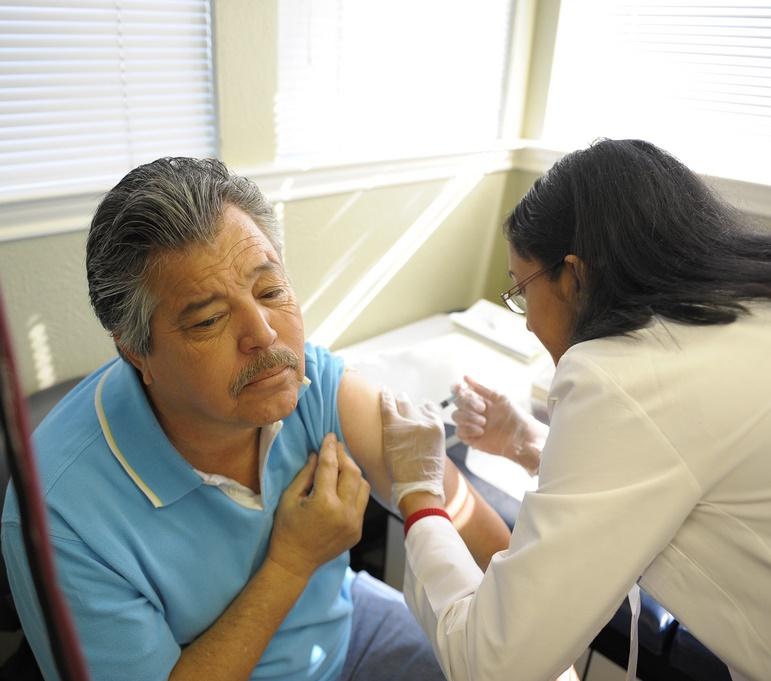
Researchers from the Centers for Disease Control and Prevention and other US institutions have created an mpox severity scoring system that they say could help clinicians track disease progression and response to treatment and guide researchers in identifying risk factors for severe illness and assessing the effectiveness of therapeutics.
Their evaluation of the MPOX-SSS scoring system was published yesterday in the Journal of Infectious Diseases.
Scores matched clinical observations
The team developed MPOX-SSS during the 2022 multicountry clade IIb mpox outbreak based on seven variables: number of active lesions, anatomic lesion involvement, presence of merged lesions, presence of bacterial superinfection, mucosal involvement, level of care, and need for painkillers.
The researchers then piloted MPOX-SSS through a chart review of 200 mpox patients from June to August 2023 at a single New York City center. The median participant age was 34 years, 99% were men, 96% were men who have sex with men, 38% were Hispanic, 28% were Black, 49% had HIV, 28% were taking HIV preventive drugs, and 57% of patients were taking the antiviral tecovirimat (Tpoxx).
The team tested the association between the scoring system's severity measure and proxy measures expected to correlate with severity, including Tpoxx prescription, CD4 count (indicator of immune function in HIV patients), and treatment after 3 days of illness.
The scoring system's simplicity and ease of use make it suitable for diverse clinical settings, including both resource-limited and well-resourced environments.
MPOX-SSS scores could be calculated retrospectively for 172 patients (86%). Missing data that precluded scoring were lesion number (13%) and presence of merged lesions (7%).
MPOX-SSS produced higher severity scores in Tpoxx recipients, those treated more than 3 days after symptom onset, and those with low CD4 counts. Serial scores matched clinical observations, and MPOX-SSS demonstrated good discrimination, identified changes over time, and generated higher scores in the expected groups.
"The scoring system's simplicity and ease of use make it suitable for diverse clinical settings, including both resource-limited and well-resourced environments," the authors wrote. "Future research is needed to validate the MPOX-SSS in larger, diverse patient populations as well as in circumstances where illness is caused by infection with virus strains other than Clade IIb."














